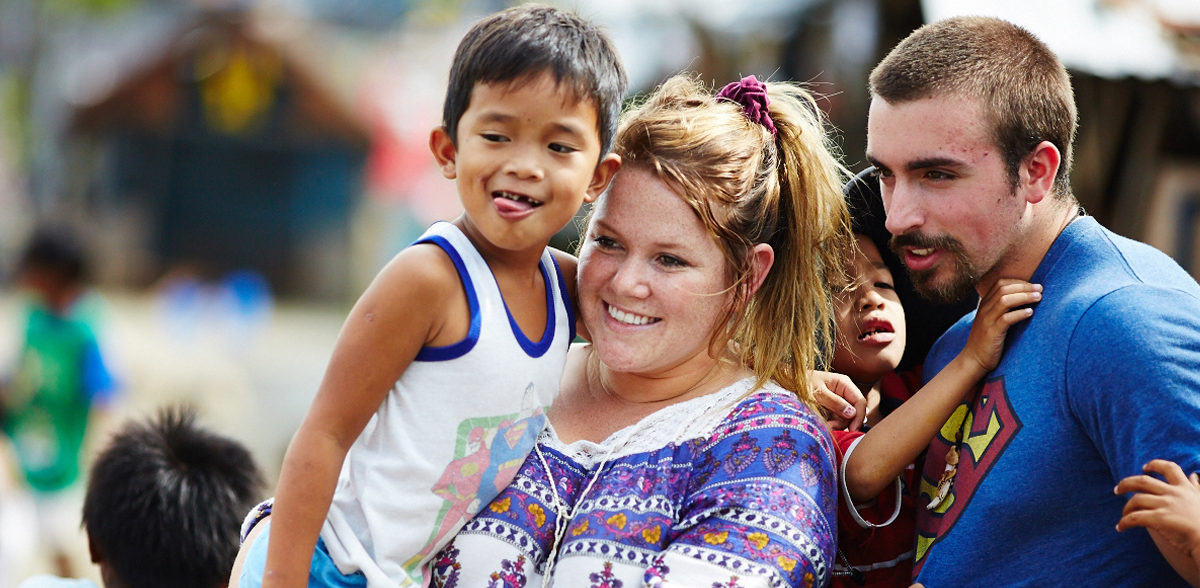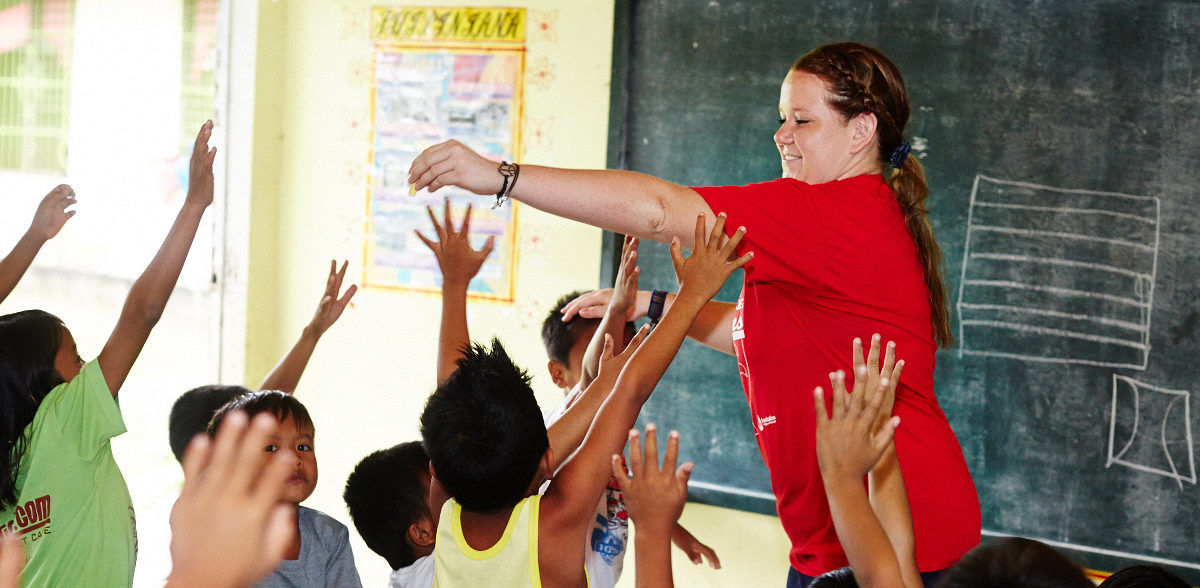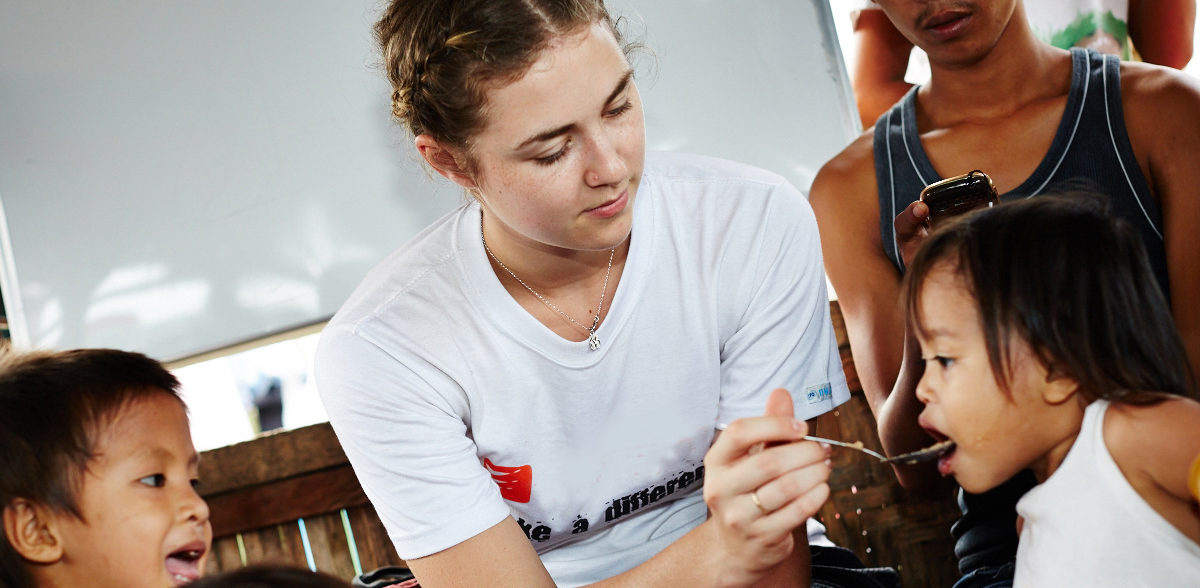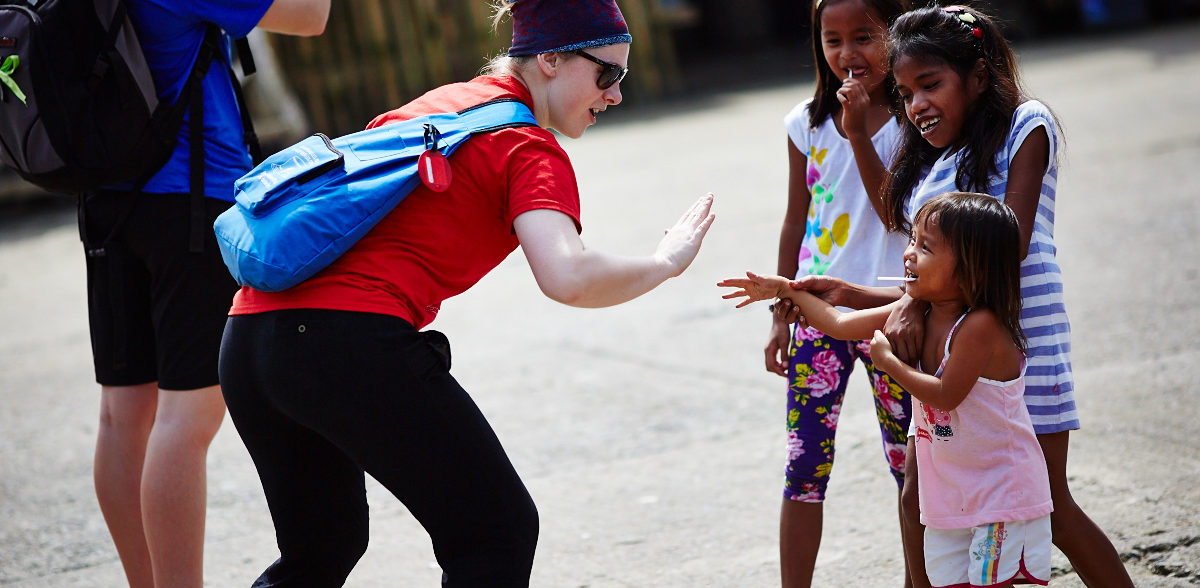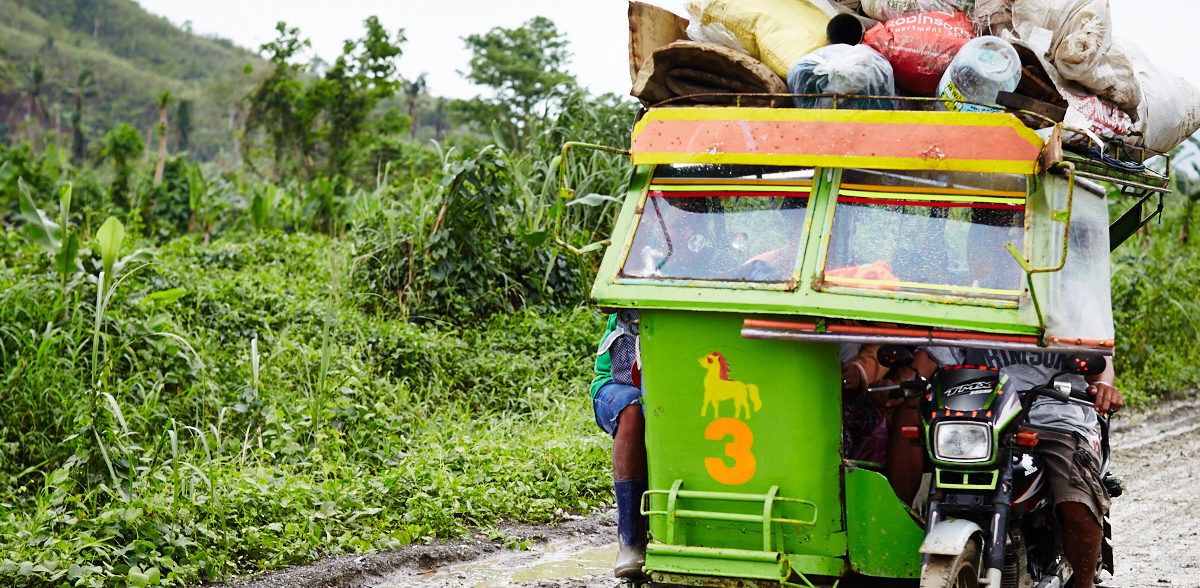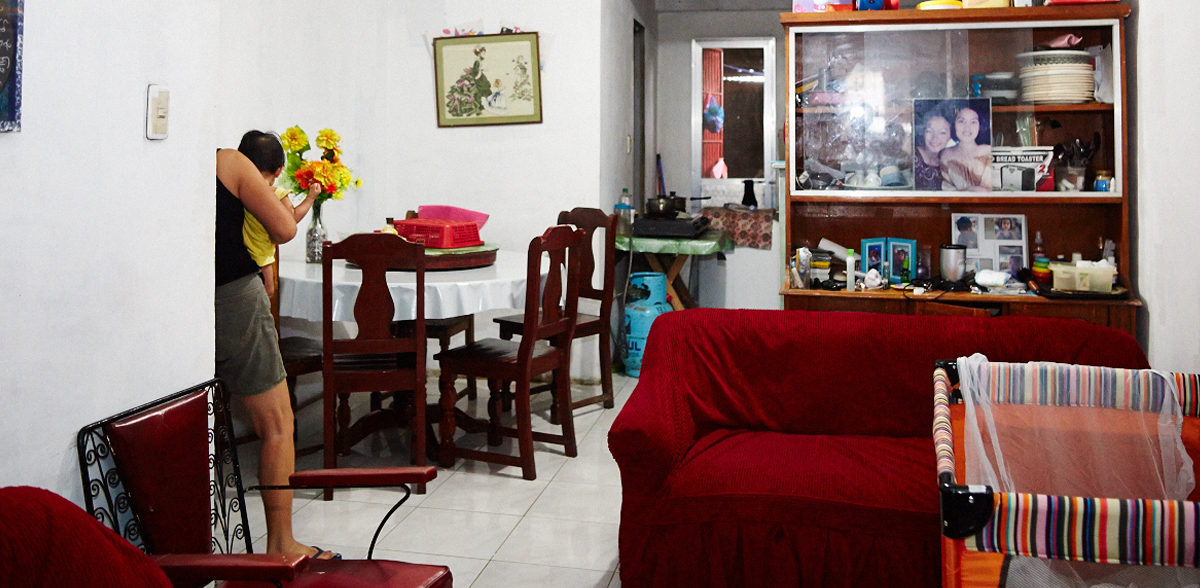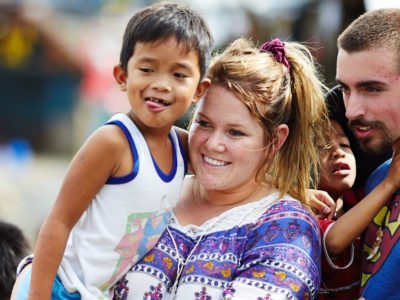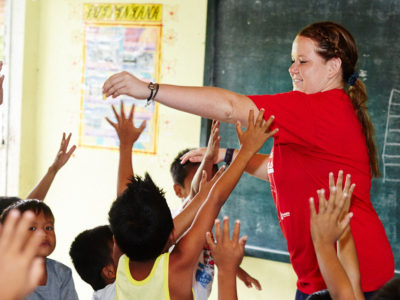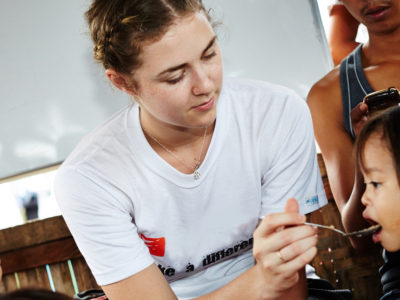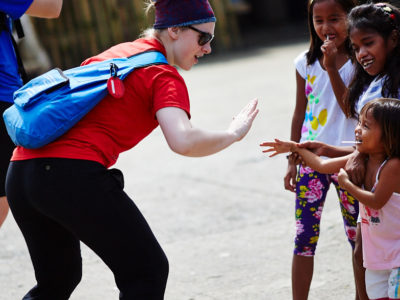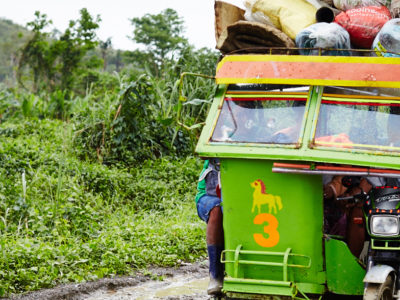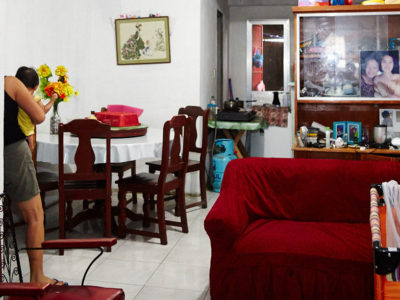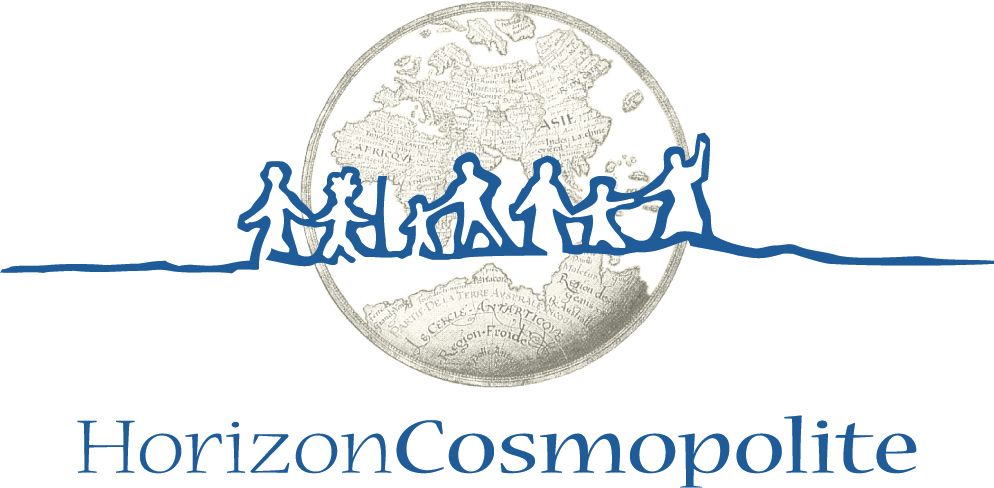Information about the philippines
Sometimes difficult to access, the 7000 islands of the archipelago of the Philippines are a bit forgotten islands of Southeast Asia. A prey to separatist demands from the Muslim minority, the reality of the Philippines is far from this rather gloomy. Filipinos like to call it is the country where “Asia wears a smile.”
Manila, the capital, is bustling with activity, as in other cities, the nightlife is vibrant. If you like the quiet, explore uninhabited islands, bordered by beautiful beaches and coral gardens. Meet the ethnic groups living in the mountains by ancestral customs. Push yourself in the thick jungle inhabited by rare animals. Active volcanoes, rice terraces, vast fields of sugar cane dotted with lakes, shady palm trees: you learn to be as cool as the Filipinos! But it is not only the hospitality of Filipinos who seduces visitors, it is also their ability to take life as it comes – the bahal na (that’s), with a smile.
Official title of the country: Republic of the Philippines
Capital: Manila
Area: 300,000 sq km
Population: 97,9 million
Ethnicity: Tagalog 28.1%, 13.1% of Cebuanos, Ilocanos 9%, 7.6% of Bisaya / Binisaya, Hiligaynon Ilonggo 7.5%, Bikol 6%, 3.4% of Waray
Languages: Filipino (Tagalog) and English (official); dialects among the most important: Cebuano, Ilocano, Hiligaynon
Religions: Catholic 80.9%, 5% Muslim, 2.8% of evangelists, 2.3% of the Philippine Independent Church, 2% of Aglipayan
our projects in philippines
Due to a strong national emphasis on the importance on speaking English to get a good job, Filipino children begin learning the language in grade one. In addition to the English classes, most subjects, including mathematics and science, are taught in English.
Volunteers are placed in a rural elementary school, one hour outside of Tacloban City, to assist the local teachers with their English classes or other subjects taught in English, as well as with other tasks.
In addition to living a unique cultural immersion experience, you will learn and understand the true meaning of the word “community”.
Language Requirements: Good knowledge of English
The Tacloban nutrition office faces issues related to infant malnutrition on a daily basis. That office work in providing a stable supplementary feeding program for malnourished infants from 3 to 6, and is also disseminating information to parents about the importance of healthy nutrition through a series of workshops and seminars.
Since Typhoon Yolanda (Hayan), the project has transitioned to becoming more preventative, seeking to provide supplementary feeding before infants develop severe cases of malnutrition, families being now more vulnerable as their livelihood have been completely destroyed. Volunteers can organize educational classes on nutrition for the families in the area, become involved in various studies related to nutrition or prepare supplementary feeding for the children. Knowledge in the field of nutrition is recommended for this placement.
Language Requirements: Good knowledge of English
Many orphanage welcomes orphaned children, disabled children and street children. Working with limited resources, social workers and religious support children through their development. The caregivers at the orphanage are very appreciative of the extra help our volunteers can offer them. Volunteers are free to teach, organize arts and crafts or sports activities, and help out with basic chores such as feeding the children, and folding laundry. This is a meaningful way to learn first hand the hardships faced by most of the world’s children.
Language Requirements: Good knowledge of English
If you are a student or a soon to be graduate in the field of Health and you would like to put your knowledge to practice while learning about the Health Care system in the Phillippines, this program is for you!
The Health Care system in the Phillipines, as the one of many other developing countries, is largely underfunded and faces some important challenges as Filipino doctors and nurses who study in the medical field often leave the country to practice overseas. Since Typhoon Yolanda, the pressure applied to the local clinics has increased due to the rise of poverty in the regions touched by the disaster. Thus, help from volunteers in those clinics is greatly appreciated.
As a participant, you will be placed in a medical facility of Tacloban City. You can job shadow with medical personnel, observe medical practices in the Philippines, and help nurses and doctors with certain tasks. Volunteers must have some experience working in medicine or must be currently studying in the medical field.
Language Requirements: Good knowledge of English
The economy of the Philippines has been depressed for a long period, and the recent global economic recession has contributed to a worsening economic situation for poor families. More children have dropped out of school to augment the family income. But there aren’t many jobs available, and young children who by law aren’t supposed to be working, don’t earn much. Poverty, especially when it spans generations, leads to a breakdown of family cohesion. So it’s not surprising that the number of youth law violators and the severity of their offenses have been on the rise.
We offer you to volunteer with youth, aged from 13 to 19, who are staying in the Regional Rehabilitation Center for Youth due to diverse law violations. By volunteering with them, you can help coach and mentor young male adolescents whom are desperate to alter the course of their lives. As a volunteer, you not only put yourself into the position of a role-model, but also have the opportunity to empower the boys by sharing your talents, skills and interests. The boys’ reaction to receiving an international volunteer is always extremely positive; project staff often comment that volunteers offer that little extra nurture and guidance which helps contribute to the quicker rehabilitation of the boys.
Language Requirements: Good knowledge of English
This internship is a great opportunity to use your skills in writing and photography, but more importantly, to meet and talk with local people to learn more about their culture and their stories! Is there a better way to discover the Philippines?
For the duration of their stay, students will become photojournalists and work on the production of content that can be posted on the website and social networks of our partner. This content will focus on the projects of the organization as well as testimonials and stories of people who have benefited from the services offered. Texts, photos, videos… these stories are central to the organization, because it is the best tool to convince donors to support the projects and therefore the organization to survive and continue its work on the field.
Language Requirements: Good knowledge of English
additional information
| Length of stay | Registration fee | Participation fee | |
| Teaching
Youth in Conflict with Law Orphanage Health |
1 to 6 months | $700 CAD + tax | 4 weeks: $760 USD 5 weeks: $840 USD 6 weeks: $920 USD 7 weeks: $1000 USD 8 weeks: $1080 USD 9 weeks: $1160 USD 10 weeks: $1240 USD 11 weeks: $1320 USD 12 weeks: $1400 USD |
| Nutrition
Communication |
2 weeks to 6 months | $700 CAD + tax | 2 weeks: $600 USD 3 weeks: $680 USD 4 weeks: $760 USD 5 weeks: $840 USD 6 weeks: $920 USD 7 weeks: $1000 USD 8 weeks: $1080 USD 9 weeks: $1160 USD 10 weeks: $1240 USD 11 weeks: $1320 USD 12 weeks: $1400 USD |
| What’s included? |
|
| Our service includes: detailed and personalized support, plane ticket reservation, visa advice, information about vaccines, a pre-departure orientation day, a participant guide to help with the preparation of your trip, and a confirmation from our partner abroad. The placement is guaranteed or you will be one hundred percent reimbursed. |
| What’s not included? |
|
